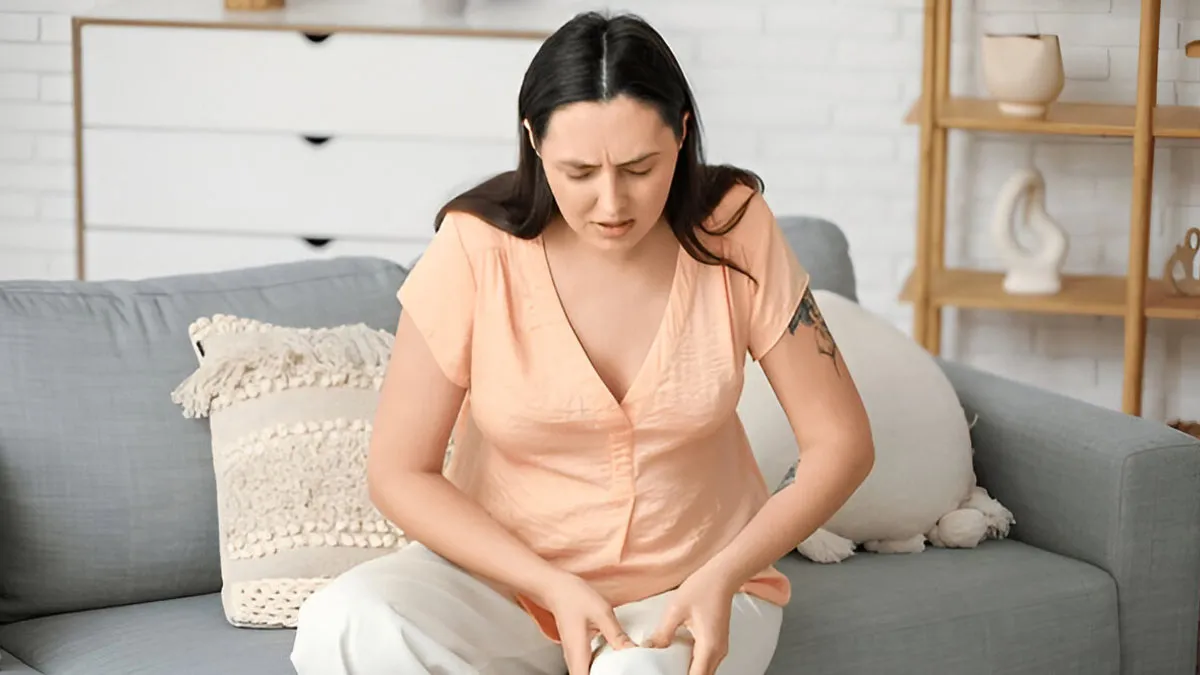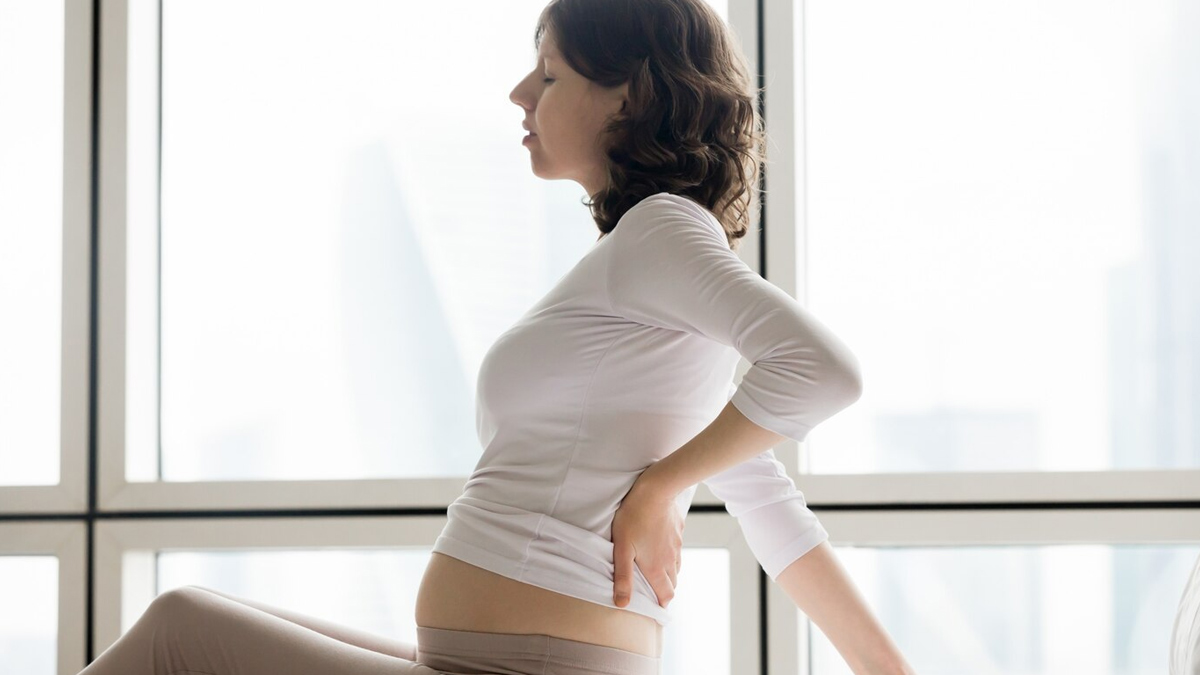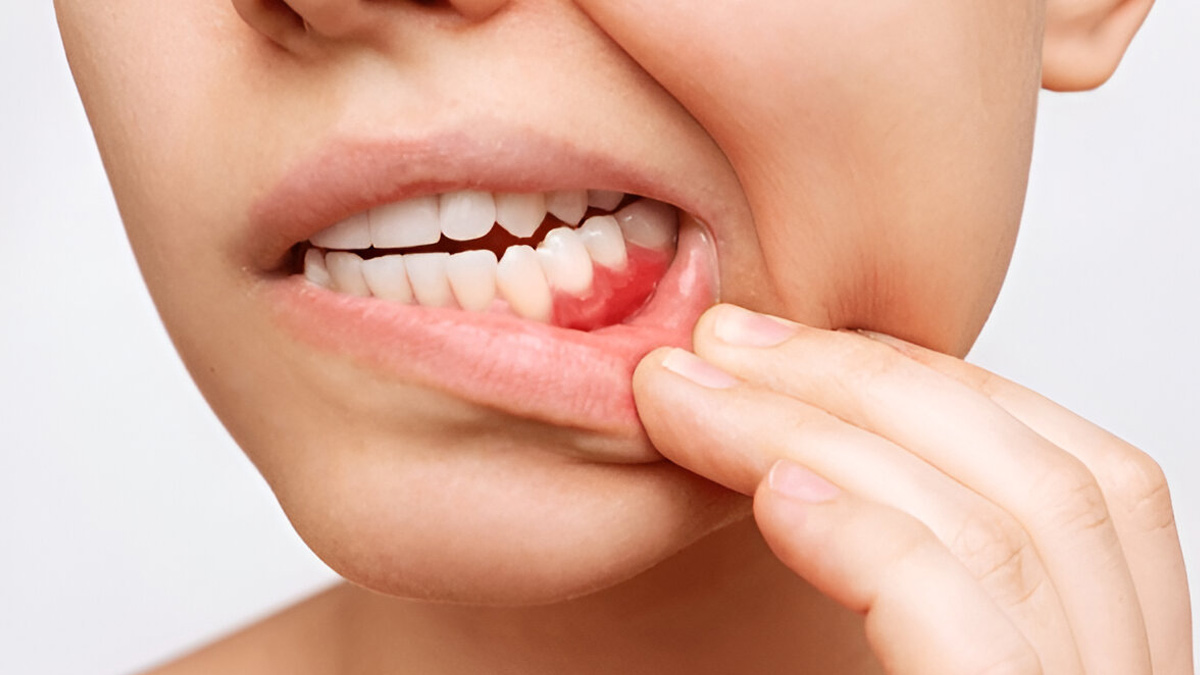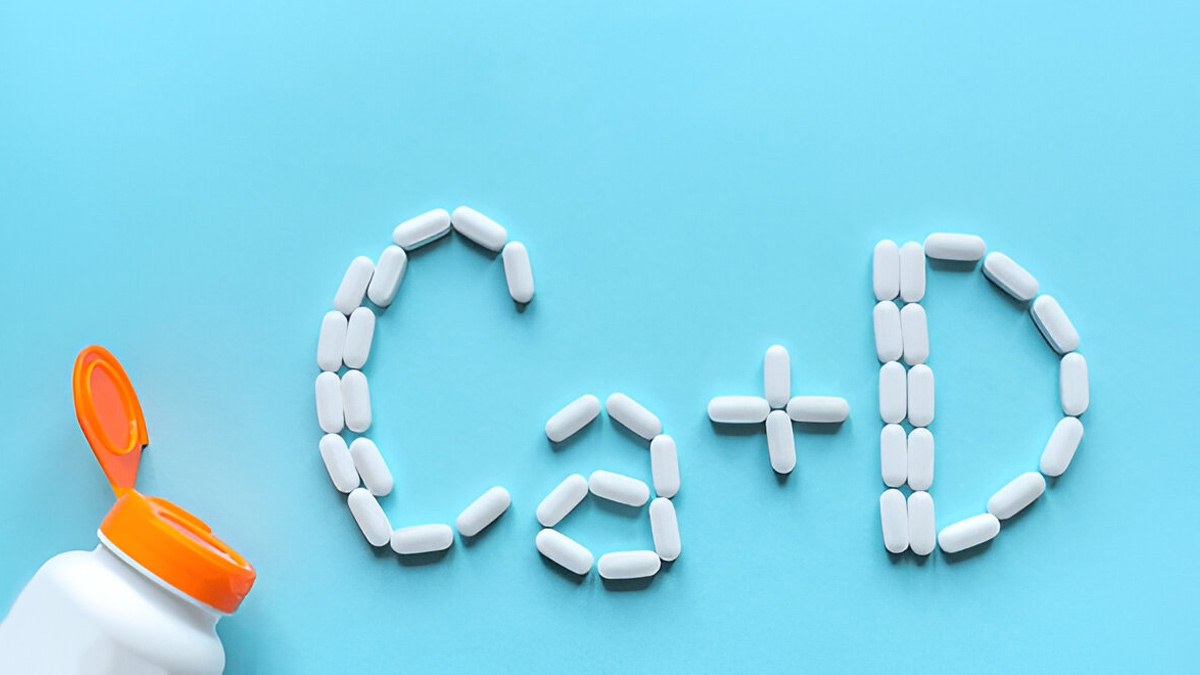
When we talk about postpartum recovery, the conversation usually revolves around weight, breastfeeding, sleep, and mental health. But there’s a quieter, often overlooked side to new motherhood: its impact on bones and teeth. Yes, it might sound surprising, but pregnancy and the months that follow can subtly erode bone density and dental health, especially when nutritional reserves are low or recovery is rushed.
Table of Content:-
We spoke to Dr Sindura Ganga R, Consultant - Obstetrics, Gynaecology and Laparoscopic Surgeon, Arete Hospitals, Hyderabad, who explained postpartum bone loss and dental issues.
The Nutritional Tug-of-War During Pregnancy

“Pregnancy demands a lot from the body. To build the skeletal structure of the growing baby, the mother’s body often ends up drawing calcium and other minerals from her reserves. If her dietary intake isn’t adequate, this depletion can start impacting her bones and teeth,” said Dr Ganga. Most women replenish these stores naturally post-delivery, but for some, especially those with repeated pregnancies or underlying deficiencies, the repair doesn’t quite happen as expected.
What Does Bone Loss Look Like?
In some cases, women may begin to experience unexplained joint pain, backaches, or even stress fractures in the months after childbirth. This is particularly seen in women who breastfeed for extended periods without supplementing calcium and Vitamin D. In rare cases, it can progress to a condition called pregnancy-associated osteoporosis, a form of significant bone loss that may lead to spinal or hip fractures.
Temporary declines in Bone Mineral Density (BMD) during exclusive breastfeeding are well-established. A 2023 meta-analysis reported a reduction of approximately 0.18 g/cm² in the lumbar spine after 4 to 6 months of exclusive breastfeeding, followed by a gradual recovery.
Also Read: Why Is Exercise Important After C-Section? Expert Explains!
And Then, the Teeth Begin to Talk

Teeth, too, can bear the brunt. Postpartum women sometimes report increased tooth sensitivity, gum bleeding, or sudden cavities. This isn’t just about sweet cravings during pregnancy. "The hormonal shifts, combined with decreased saliva production and calcium depletion, can create a perfect storm for dental decline. One phrase we often hear in clinics is, "I had perfect teeth until I had my baby," shared Dr Ganga.
An Indian Context That Demands More Attention
In India, where traditional diets are often restrictive during the postpartum period, and where calcium-rich foods can be avoided due to outdated cultural beliefs, this issue is even more relevant. Add to that the reluctance to step out for dental care or orthopaedic consults during confinement, and many problems go unchecked.
Moreover, vegetarian diets, common among Indian mothers, may not always provide bioavailable calcium. Combine this with low sun exposure (and therefore lower Vitamin D levels), and you have a setup where bone health takes a backseat, silently.
The Need for Proactive Care

First, awareness is key. Most women don’t associate a nagging knee pain or a sudden dental cavity with their pregnancy from months ago. Doctors, too, may overlook this link unless prompted. It’s time postpartum check-ups expanded beyond weight and stitches.
“Nutrition counselling should become a standard part of prenatal and postnatal care. Simple additions, such as ragi, sesame seeds, moringa, and fortified foods, can make a significant difference. Supplements, especially calcium with Vitamin D, should be continued well into the breastfeeding months, not just stopped after delivery,” advised Dr Ganga.
Also Read: Decoding Postpartum Distress: The Role Of Hormonal Diagnostics In Maternal Recovery
Signs to Watch Out For
If a new mother reports persistent back pain, joint stiffness, toothache, or bleeding gums, it’s worth evaluating her bone and dental health. Basic blood tests (like Vitamin D levels) and a dental exam can reveal a lot. A DEXA scan is rarely needed unless symptoms are severe, but clinical suspicion should remain high.
It’s Not Just About the Baby
The focus of maternal care has long been on ensuring the baby's wellbeing, which is, of course, crucial. But a mother's musculoskeletal and oral health plays a foundational role in how well she can care for her child, return to work, or enjoy her new life.
We often celebrate the resilience of mothers. But let’s also recognise that physical resilience requires biological support. Ignoring postpartum bone and dental health does a disservice to women who already give so much of themselves in those first few months.
Bottomline
Dr Ganga concluded, "Motherhood changes the body in extraordinary ways, but not all of those changes should be permanent. With timely attention, nutritional support, and proactive screening, postpartum women can reclaim their bone strength and dental health. They shouldn’t have to live with preventable discomfort just because nobody thought to check."
As doctors, we need to widen our postpartum lens. Because behind every smiling new mother might be a silent ache in her back or a tooth that just won’t stop throbbing, and those too, deserve care, she added.
[Disclaimer: This article contains information provided by an expert and is for informational purposes only. Hence, we advise you to consult your professional if you are dealing with any health issue to avoid complications.]
Also watch this video
How we keep this article up to date:
We work with experts and keep a close eye on the latest in health and wellness. Whenever there is a new research or helpful information, we update our articles with accurate and useful advice.
Current Version
